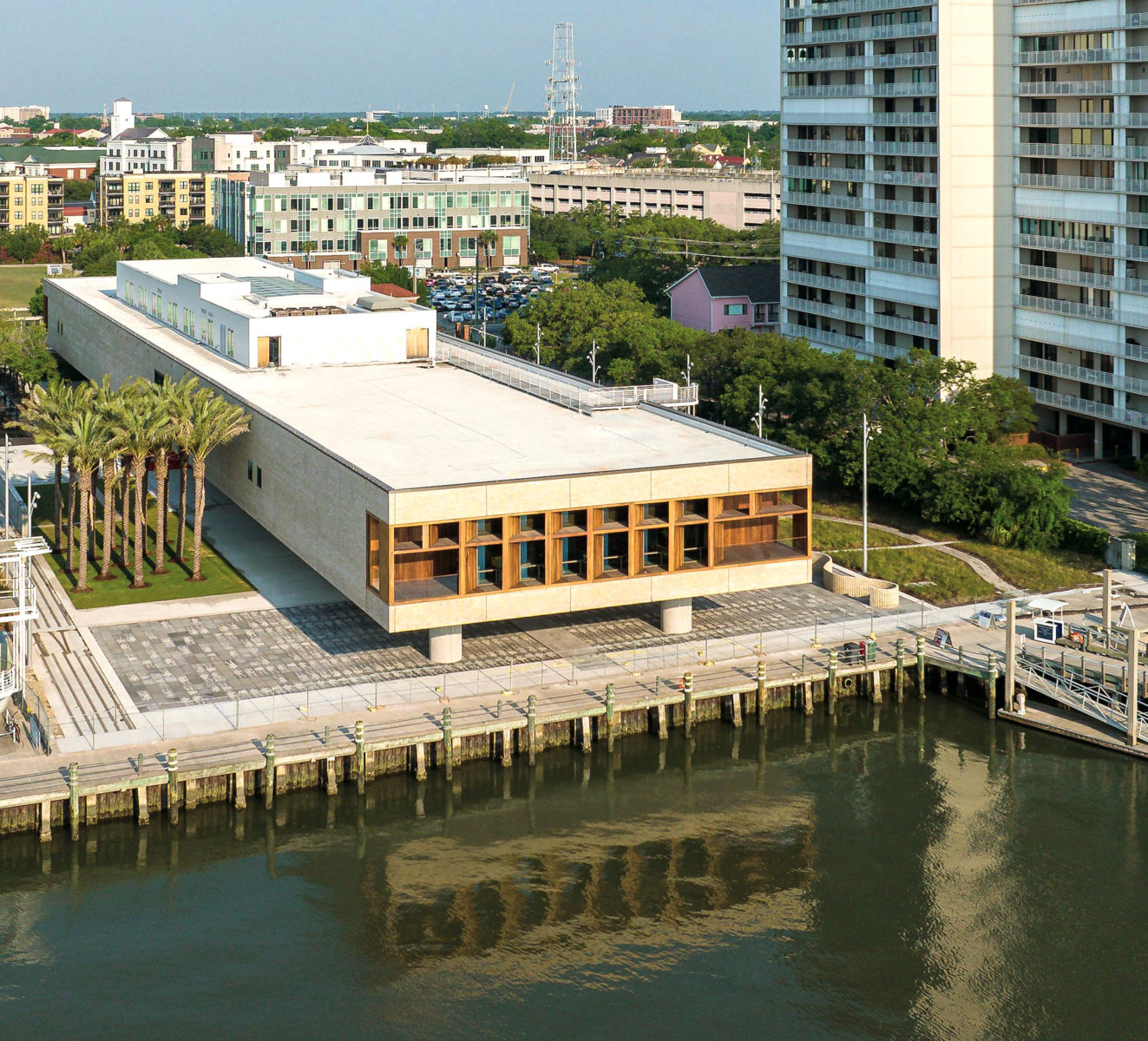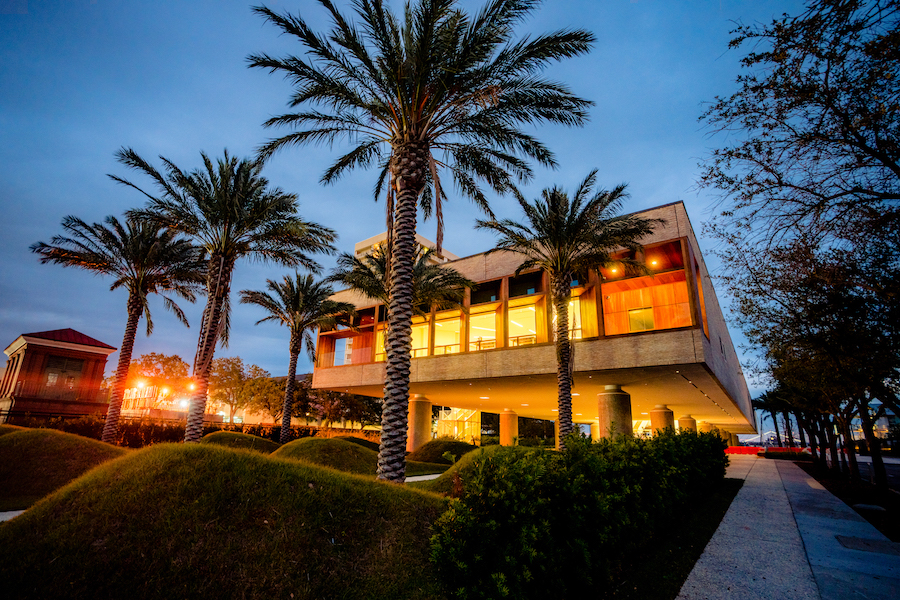Charleston Business: State of the Low Country: Lowcountry Driver: Automotive Manufacturing
By John Jeter
Think about automotive manufacturing sort of like an NFL team. You’ve got the high-marquee players, the star quarterbacks and wide receivers with the big-time brand names. Then you’ve got the linemen, the centers who, y’know, hike the ball. No hike, no drive.
So it is with the auto industry in the Lowcountry, where such gotta-get-me-one-of-these brands as Volvo and Mercedes-Benz get more attention than the “tier one” and other suppliers nearby.
Those are the companies that make the parts that make the cars go. No parts, no drive. They include IFA, Cummins, and Bosch, to name a few pouring into the Lowcountry—and pouring investment.
“Lots of excitement here,” says Dermot Kennedy, manager of site development for IFA North America, which produces 2 million parts a year at its North Charleston plant.
Those parts: propshafts, which connect transmissions to axles—along with 4,000 constant-velocity joints on 14 production lines. Billing itself as one of the top three propshaft manufacturers in the world, IFA opened its Lowcountry site in 2003. Today, IFA employs about 600 workers in the Charleston area. When its $60 million plant becomes operational early next year at the Charleston Trade Center off I-26, the company will add yet another 120 jobs.
Meanwhile, Cummins has been in Charleston a lot longer, since 1973. That’s when the Indiana-based company purchased a manufacturing site of about 1 million square feet near the Ashley River. Founded in 1919 and now a Fortune 500 company, Cummins makes, well, pretty much everything: fuel systems, radiators, turbocharger systems—and even boasts an R&D “test cell.”
Between its Leeds location and its latest Palmetto Site, the company has invested more than $150 million and employs nearly 700 people.
“Cummins’ workforce is outstanding, and Charleston is an attractive location for recruiting employees,” says Jasmine Kang, the Palmetto Site plant manager.
That’s largely why the company chose Charleston in the first place—long before South Carolina workers knew how to build cars, working instead in South Carolina’s original economic engines: textiles, cotton, and tobacco.
“Cummins wanted to diversify its workforce locations,” Kang says. “The area had a strong, skilled trade workforce, particularly given the proximity to the Charleston Naval Base.”
Moreover, the increasing number of auto-related manufacturers is spurring public investment in more training sites and programs, the biggest and most recent being the $5.5 purchase of the former American LaFrance manufacturing site near Summerville. Compliments of the state Department of Commerce, the South Carolina Technical College System and its readySC division, the site now plays host to some Volvo trainees, the Swedish carmaker whose first North American plant, operational this year, will employ up to 4,000 workers within the next decade.
Back to the lesser-known major players, namely Robert Bosch LLC.
Another granddaddy of the tier-one suppliers, Bosch also cites the Lowcountry’s workforce. The company, founded in Germany in 1886, opened its first U.S. manufacturing facility in Charleston 45 years ago and has since invested more than $320 million in the Lowcountry.
Today, its more than 1,700 employees make things such as fuel injectors, high-pressure pumps, and Electronic Stability Program modules for automotive braking systems; in other words, like the others, Bosch plays the car-parts center that hikes the automotive football.
“Bosch saw the competitive workforce trend early and has always understood that the foundation of our success is our employees,” company spokesman Tim Wieland says. “We understand that without a quality workforce, we can’t be successful.”
With South Carolina’s unemployment rate at 4 percent—one-tenth of a percentage point below the national average in March, according to the state Commerce Department—will auto-related manufacturers run out of available workers?
Mike Graney, vice president of Global Business Development for the Charleston Regional Development Alliance, says no:
“While Charleston’s overall unemployment rate is low, our regional workforce continues to grow, as 34 people per day move here—four times faster than the U.S. growth rate—constantly replenishing the labor pool as they seek better employment and lifestyle opportunities.”
Besides, competition for workers isn’t a bad thing, executives say.
“While the local labor market for manufacturing positions is competitive, MBV sees this as an opportunity to hire from top talent coming to the Charleston area. Charleston has become a major hub for manufacturing in the region,” says Michael Balke, president & CEO of Mercedes-Benz Vans (MBV).
With a $500 million investment and the opening later this year of its nearly 1-million-square-foot facility along the Palmetto Commerce Parkway, MBV employs 1,300 people, while contributing 400 new jobs for local suppliers, the company says.
And, of course, there’s even more to cars than all these manufacturers.
Take Frampton Construction Co. Based in Charleston since 1977, Frampton built IFA’s 234,000-square-foot facility in Berkeley County. Construction workers compiled 99,000 hours before completing the project in March.
“It’s great to see the expansion of manufacturers here to support the automotive and other industries we see growing and thriving across the state,” CEO Chad Frampton says.
All these 400 automotive-related companies point to the global and financial fuel helping drive South Carolina’s economy, with the state Commerce Department listing these benefits:
$27 billion economic impact, thanks to being the nation’s No. 1 exporter of tires and completed passenger vehicles
66,000-member workforce
20,220 jobs added from 2011 to 2017
$8.7 billion in capital investment during the same period
“Over the last two decades, the size of South Carolina’s automotive industry has quadrupled,” the state says, adding that the sector is one of the top 10 fastest-growing labor forces in the country.
Which brings us to another one of those marquee automakers here: Volvo Cars. The company will employ some 1,500 people to produce the all-new S60 sedans by the end of this year.
“We chose South Carolina for many reasons, including its access to a major port and strong infrastructure,” says Stephanie Mangini, spokeswoman for the manufacturer now under Chinese ownership. “Another attraction is the people in the Lowcountry. There continues to be a strong partnership with local and state government, as well as our neighbors.”



